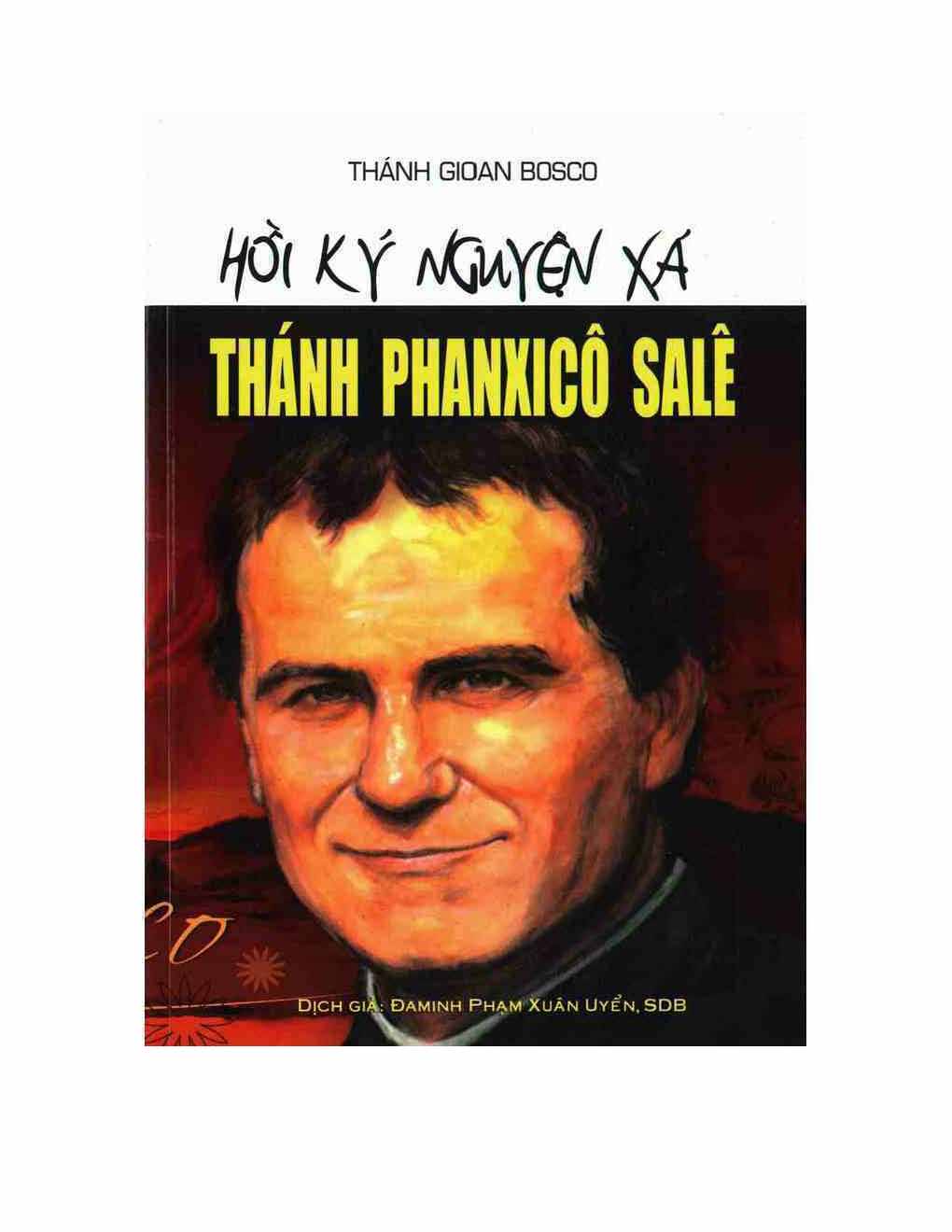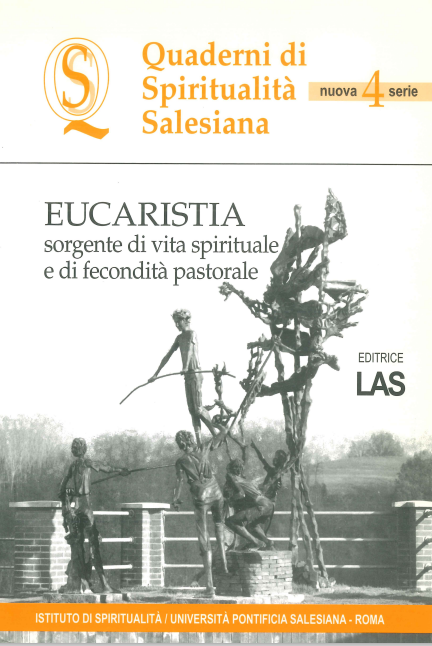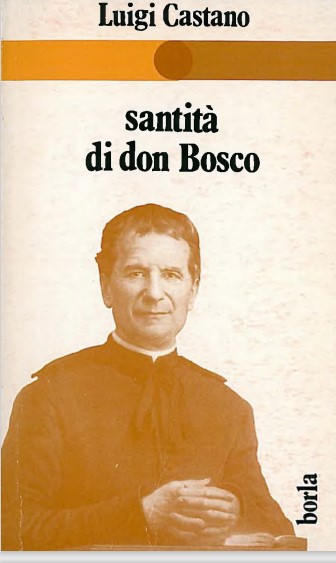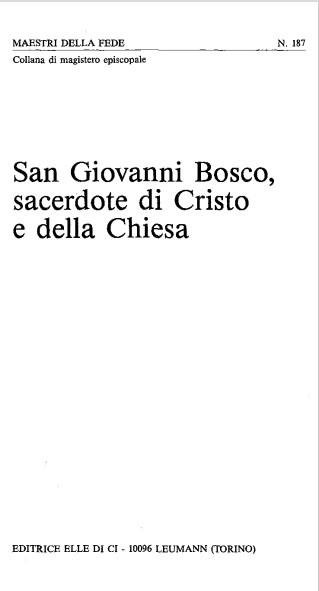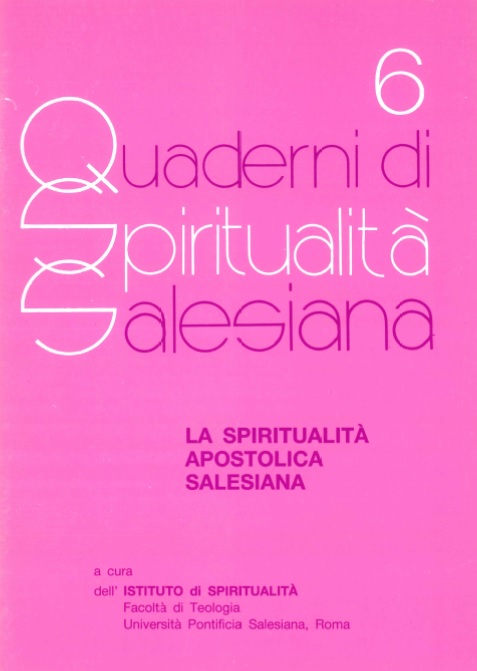Don Bosco sinh năm 1815 tại Becchi, nước Ý. Năm 1841, Don Bosco thành lập Nguyện xá tại Tôrinô dành cho các thanh thiếu niên và trẻ em nghèo, cho các công nhân từ miền quê lên thành phố làm việc. Năm 1846, Nguyện xá thánh Phanxicô Salê chính thức có trụ sở tại Valdocco (Tôrinô, Italia), gọi là “Nguyện xá Valdocco”. Năm 1847, Don Bosco bắt đầu mở lưu xá, xưởng dạy nghề và các lớp học tại đây. Công cuộc của Nguyện xá Valdocco dần dần phát triển. Sau đó, ngài thành lập Tu hội thánh Phanxicô Salê (dòng Salêdiêng Don Bosco) vào năm 1859. Continue reading “Phạm Xuân Uyển – , Hồi ký Nguyện xá thánh Phanxixô Salê”
